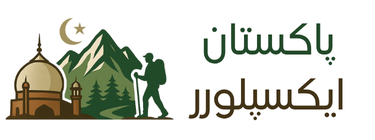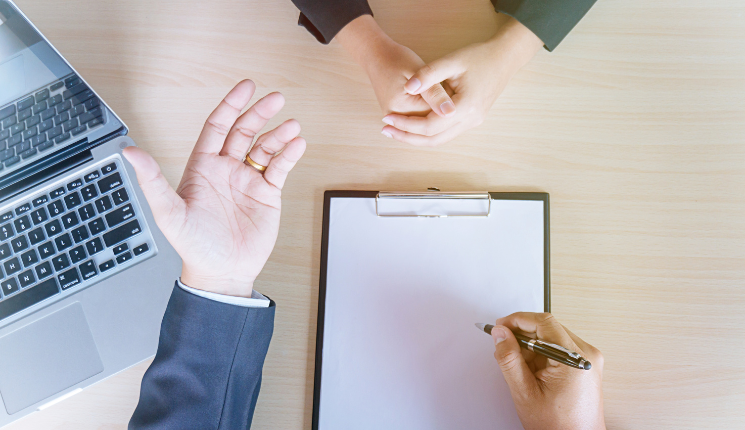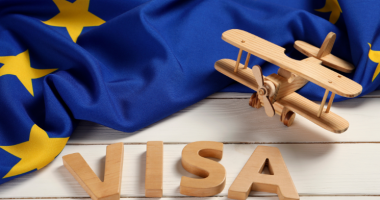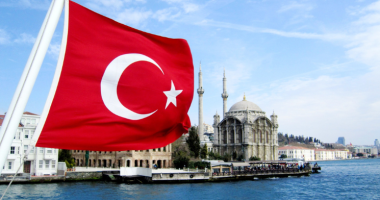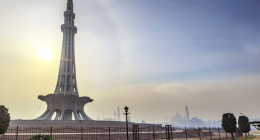So, you’ve submitted your visa application and now it’s time for the interview. Nervous? That’s completely normal. The good news is, you can increase your chances of success just by knowing what visa interview mistakes to avoid.
You only get one shot to make a solid impression. And while you can’t control every detail, you can avoid many of the most common errors. From forgetting documents to giving unclear answers, we’ll walk you through what not to do—and what to do instead.
Let’s get you prepped and confident.
Common Visa Interview Mistakes from Poor Prep
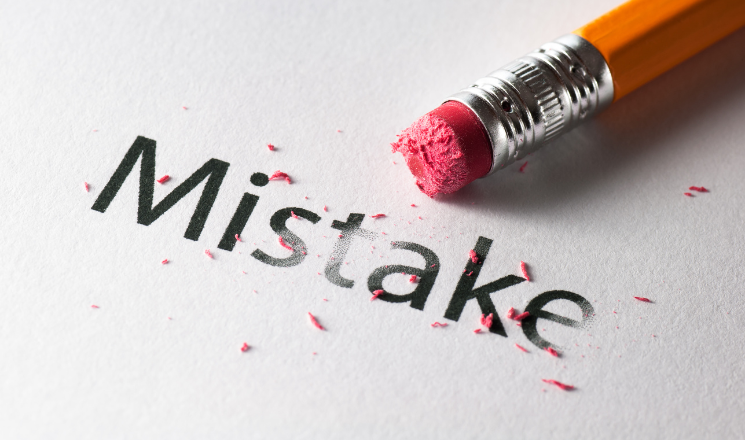
One of the biggest visa interview mistakes people make is simply not preparing enough. At first, you might think, “I know why I’m traveling—what else do I need?” Well, a lot, actually.
Interviewers want to see that you’re serious, organized, and clear about your purpose. Therefore, your preparation needs to go beyond just basic knowledge.
What to avoid:
- Winging it without rehearsing
- Not knowing the visa category
- Being unaware of your own documents
What to do instead:
First of all, practice with a friend. Additionally, use tools like IELTS Prep, Google Calendar, or Notion to keep track of key dates and sample answers. Moreover, read through your entire application before the big day. This way, you’ll avoid being caught off-guard by something you already submitted.
Vague Answers During Visa Interview
When you give short or unclear responses, it can make you look uncertain—or worse, dishonest. That’s one of those subtle visa interview mistakes that ruins your chances without warning.
For instance, if they ask why you’re going to France and you say “vacation,” that’s too vague. Be specific.
Say this instead:
“I plan to visit Paris, explore historical sites like the Eiffel Tower, and return within two weeks as per my approved leave from work.”
Being confident and detailed shows you’re genuine.
False Information in Visa Interview
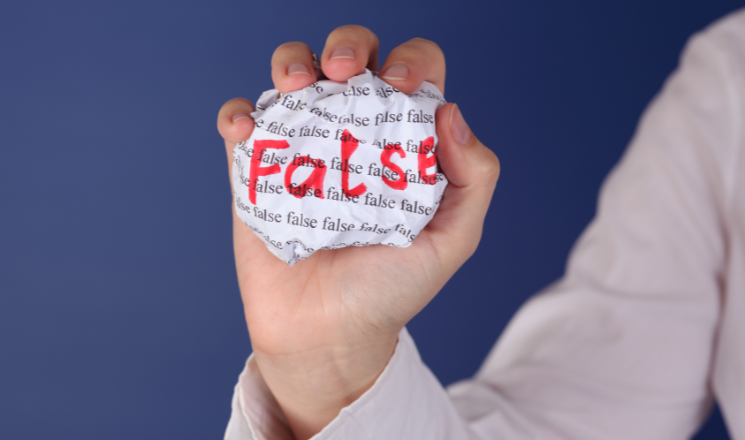
Lying on your visa interview is never worth it. Not even a small fib.
Even if it’s something like changing your job title to sound more impressive, that’s still fraud in the eyes of immigration officers.
Why it’s a disaster:
You could face a visa denial or even a ban.
How to stay honest and clear:
Double-check your documents. Use apps like Google Docs to compare your visa form with your financial and employment records. If you’re not sure about something, it’s better to clarify than guess.
Missing Documents: A Visa Mistake
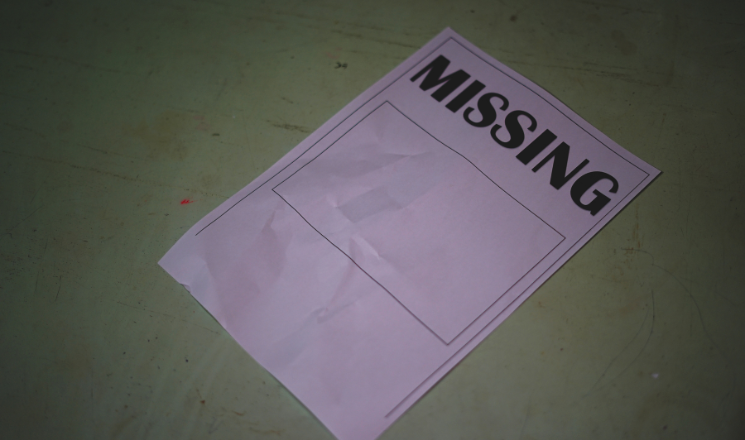
Forgot your passport? Your offer letter? That’s a fast track to rejection.
Bringing incomplete paperwork is one of the most basic yet common visa interview mistakes.
What you’ll typically need:
- Valid passport
- Appointment confirmation
- Completed visa application
- Financial proof (like bank statements)
- Employment or school documents
- Travel itinerary
Tip:
Use Trello or Google Keep to make and check off your document list a few days before the interview.
Dressing Wrong for Visa Interview

Believe it or not, what you wear can affect how you’re perceived.
Wearing jeans and flip-flops says, “I don’t care.” But showing up in a tuxedo or flashy outfit might look like you’re trying too hard.
Here’s the sweet spot:
Business casual. Clean shoes, wrinkle-free shirt, simple trousers or skirt. Nothing over-the-top.
This tells your interviewer: I’m serious, respectful, and professional.
Talking Too Much in Interview
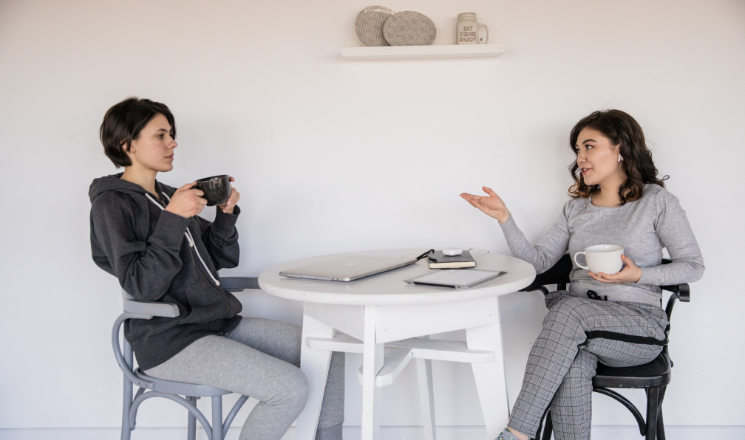
Talking non-stop might seem like confidence, but it can come off as nervous energy—or even suspicious. Conversely, one-word answers appear cold or disinterested.
One of the worst visa interview mistakes:
Answering a yes/no question with a five-minute story—or worse, not answering at all.
Best practice:
Answer the question directly. Then, pause. If they want more, they’ll ask. Additionally, practicing with a mirror or using Grammarly’s tone detector can help you improve your delivery without sounding robotic.
Overconfidence and Interview Stress
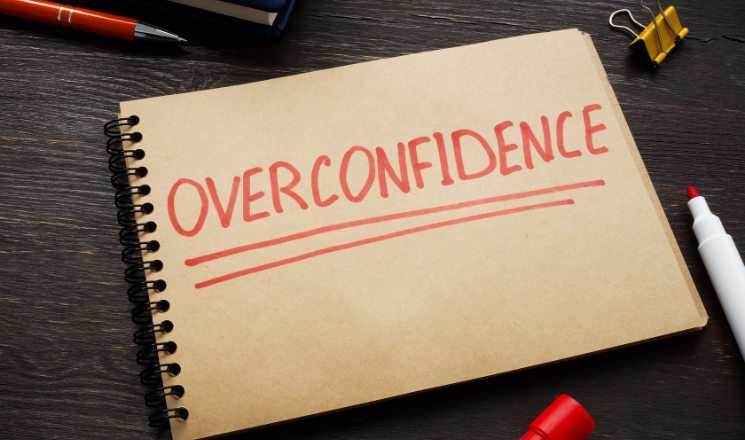
We’ve seen both ends of the spectrum—people so scared they forget their name, or others who act like they own the embassy.
Both approaches are bad.
How to find balance:
Breathe deeply before entering. Smile and maintain natural eye contact. Practice short, polite responses ahead of time.
Apps like Headspace or Calm are great for managing anxiety and calming your nerves.
Rude Behavior During Visa Interview
Let’s be real: no one likes being grilled. But getting defensive or disrespectful is one of the worst visa interview mistakes you can make.
Even if a question seems unfair or personal, never argue.
Instead, do this:
Stay respectful. Ask politely for clarification. If something seems confusing, say: “I’m sorry, could you please repeat that?”
Kindness always wins.
Not Knowing Your Travel Plan
This one’s surprisingly common. You’d think people would know where they’re going. However, under pressure, they freeze.
If you’re going to New York, at least know a few spots like the Statue of Liberty or Times Square. After all, these are questions you will get asked.
Be ready to answer:
- What cities are you visiting?
- Where will you stay?
- What are your planned activities?
- How long will you be in each location?
Before the interview, spend time planning out your trip. Furthermore, use TripIt or Google Maps to map out your journey and remember it better. As a result, you’ll respond quickly and confidently, which leaves a great impression.
Agent-Related Visa Interview Mistakes
Yes, travel agents can help. But depending entirely on them is another serious mistake.
Why it’s risky:
If you don’t understand what’s in your application, you’ll stumble when asked about it.
Fix it by:
- Reviewing every form yourself
- Practicing answers from your own life—not scripts
- Asking your agent to explain everything clearly
Remember, you are the one being interviewed. Not your agent.
Wrap-Up: Be Honest, Be Ready, Be You
Visa interviews aren’t about passing a test. They’re about showing who you are and why you’re traveling. The officer just wants to verify your intent, honesty, and readiness.
Avoiding these visa interview mistakes—from poor prep to vague answers—isn’t hard. You just need time, tools, and the right mindset.
Let’s review the essentials one more time:
✅ Prepare answers and documents
✅ Stay calm and respectful
✅ Dress appropriately
✅ Know your travel plan
✅ Use helpful tools like Trello, Grammarly, and TripIt
If you slip up, it’s not the end of the world. But with these tips, you’ll walk into that interview room feeling confident and prepared.
Good luck—and happy travels!
